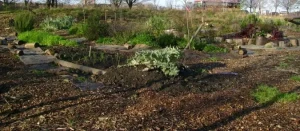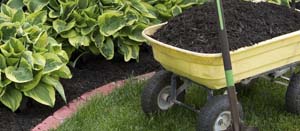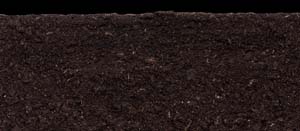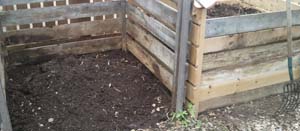SEARCH RESULTS > ARTICLES > Pathogens
In the quiet depths of garden soil, a hidden symphony unfolds as plants engage in intricate relationships with microorganisms. Beyond the visible blooms and verdant foliage lies a complex network of interactions that profoundly shape the health and fertility of the soil. In this exploration, we delve into the nuanced world of plant-microbe relationships and their transformative impact on garden soil. Learn More
A lush, vibrant garden begins with healthy soil. No matter how green your thumb may be, the quality of your soil plays a pivotal role in the success of your garden. To create a thriving garden, you need to build a solid foundation, and that foundation is healthy soil. One of the most effective ways to improve and maintain soil health is through composting. In this article, we'll explore the importance of soil health and delve into the world of composting, showing you how to transform your garden's foundation into a haven for your plant Learn More
Pruning garden plants is an essential horticultural practice that helps maintain the health and appearance of your plants. The specific method and timing of pruning can vary depending on the type of plant you're dealing with, but here are some general guidelines for pruning garden plants. Learn More
The microbiome in your garden soil refers to the diverse community of microorganisms that inhabit the soil. These microorganisms play a crucial role in maintaining soil health, nutrient cycling, and plant growth. The soil microbiome consists of various organisms, including bacteria, fungi, archaea, viruses, and microfauna (such as nematodes and protozoa). Here are some key points about the microbiome in garden soil. Learn More
Composting is a sustainable and eco-friendly way to recycle organic matter and create nutrient-rich soil for your garden. To help you get started, here's a guide to compost do's and don'ts. Learn More




